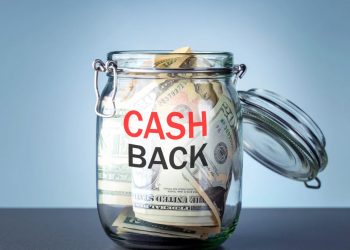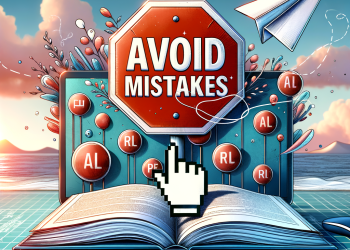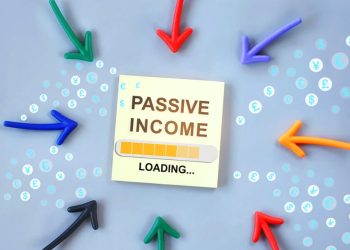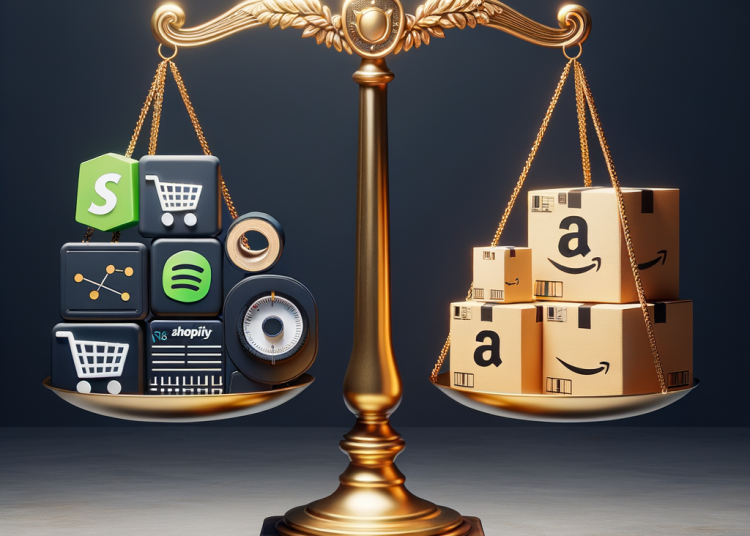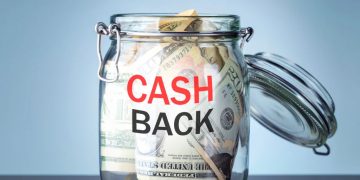Shopify vs FBA: The Ultimate Beginner’s Guide to Success
When starting an online business, many entrepreneurs find themselves choosing between Shopify and FBA (Fulfillment by Amazon). Both platforms have unique advantages and can lead to significant success, but understanding the differences is crucial for beginners aiming to build a profitable venture. This guide will walk you through the core aspects of Shopify and FBA to help you make an informed decision and set yourself up for success.
What is Shopify?
Shopify is a comprehensive eCommerce platform that allows individuals and businesses to create their own online store. It provides all the tools required to design, launch, and manage a catalog of products, along with seamless payment processing and marketing options. Shopify is particularly appealing to entrepreneurs who want complete control over their brand and customer experience.
Advantages of Using Shopify
– Brand Control: Unlike marketplaces, Shopify lets you develop a unique brand identity. You control the website design, product listings, and communications directly with customers.
– Flexibility: With thousands of apps and customizable themes, you can tailor your store to suit your niche market.
– No Marketplace Competition: On your own site, you don’t have to compete with dozens of sellers offering the same products side-by-side.
– Data Ownership: Shopify allows you to collect valuable customer data that you can use for marketing efforts and to build a loyal customer base.
Challenges with Shopify
– Driving Traffic: Since you’re not a part of a marketplace, attracting visitors requires marketing effort, such as SEO, social media advertising, and email campaigns.
– Inventory and Fulfillment Management: You must handle or outsource storage and shipping logistics unless integrating third-party fulfillment services.
What is FBA (Fulfillment by Amazon)?
FBA is a service provided by Amazon that takes care of storage, packing, and shipping for sellers. By listing products on Amazon’s marketplace, sellers gain access to millions of customers and leverage Amazon’s trusted infrastructure.
Advantages of Using FBA
– Access to Amazon’s Massive Audience: Amazon attracts a huge volume of ready-to-buy shoppers, significantly increasing your sales potential.
– Prime Eligibility: FBA products qualify for Amazon Prime’s free two-day shipping, enhancing attractiveness to customers.
– Logistics Handled: Amazon manages warehousing, packaging, and shipment, freeing you from fulfillment headaches.
– Customer Service: Amazon takes care of returns and customer queries, saving you time and effort.
Challenges with FBA
– Marketplace Competition: You compete against many sellers, including Amazon itself, often driving prices down.
– Fees and Costs: FBA charges fees for storage and fulfillment, which can add up and affect profit margins.
– Less Brand Control: Selling on Amazon means you have limited control over customer interaction and branding compared to your own website.
Shopify vs FBA: Key Differences for Beginners
Understanding how Shopify and FBA differ in structure and approach will help you align the right choice with your business goals.
| Feature | Shopify | FBA (Fulfillment by Amazon) |
|———————–|———————————|————————————-|
| Brand Control | Complete control over branding | Limited control; Amazon dominates |
| Customer Access | Direct customers | Amazon’s marketplace shoppers |
| Fulfillment | Self-managed or outsourced | Amazon handles all |
| Startup Costs | Monthly subscription + marketing| Amazon fees + product costs |
| Competition | Less direct competition | High competition on product pages |
| Marketing Effort | Required (SEO, ads, etc.) | Amazon’s traffic drives sales |
| Data Ownership | Full ownership | Limited access to customer data |
Which Platform is Best for Your Business?
When Shopify Makes Sense
Shopify is ideal if you want to build a recognizable brand and have control over your customer journey. If you enjoy creative marketing, want to avoid intense marketplace competition, and prefer a long-term, sustainable business, Shopify is your best bet. It also suits businesses with unique or custom products that benefit from storytelling and direct customer communication.
When FBA is the Right Choice
FBA is well-suited for those who want to leverage Amazon’s massive audience to quickly scale sales without worrying about fulfillment logistics. If you are selling generic or fast-moving consumer goods, enjoy the convenience of Amazon’s infrastructure, and are prepared for competitive pricing, FBA offers tremendous potential. It’s a particularly useful platform for beginners who want to start fast and rely on Amazon’s reputation and trust.
Can You Use Shopify and FBA Together?
Yes! Many sellers combine both platforms to maximize their reach and fulfillment efficiency. You can sell on your Shopify store for brand-building while using FBA for fulfillment or simultaneously list products on Amazon’s marketplace. This multi-channel approach provides more sales channels and diversified revenue streams.
Tips for Success Regardless of the Platform
– Research Your Market: Understand your ideal customer and tailor products accordingly.
– Optimize Product Listings: Clear images, detailed descriptions, and compelling copy are essential.
– Invest in Marketing: Whether driving traffic to Shopify or leveraging Amazon ads, marketing drives sales.
– Focus on Customer Experience: Fast shipping, responsive support, and quality products lead to repeat business.
– Monitor Performance Metrics: Use analytics tools on both platforms to improve and adapt your strategy.
Final Thoughts
Choosing between Shopify and FBA depends on your business model, goals, and preferences. Shopify provides brand autonomy and creative control, while FBA offers a ready-made customer base and streamlined fulfillment. Many successful entrepreneurs start with one platform and eventually expand into other platforms for maximum growth. By understanding the core differences and leveraging their strengths, you can create a profitable, sustainable online business.
Starting smart with Shopify or FBA is the first step toward your eCommerce success story. Take the time to evaluate each option, build your strategy, and execute consistently to achieve your entrepreneurial dreams.



